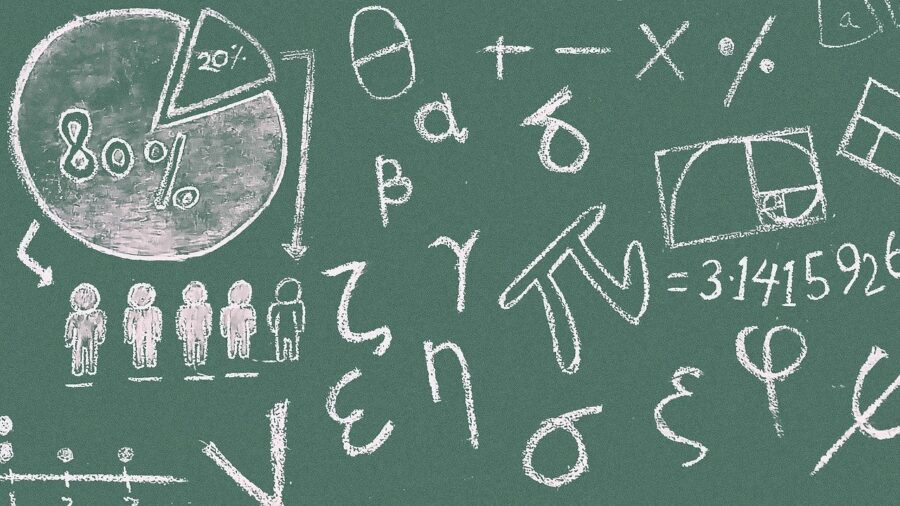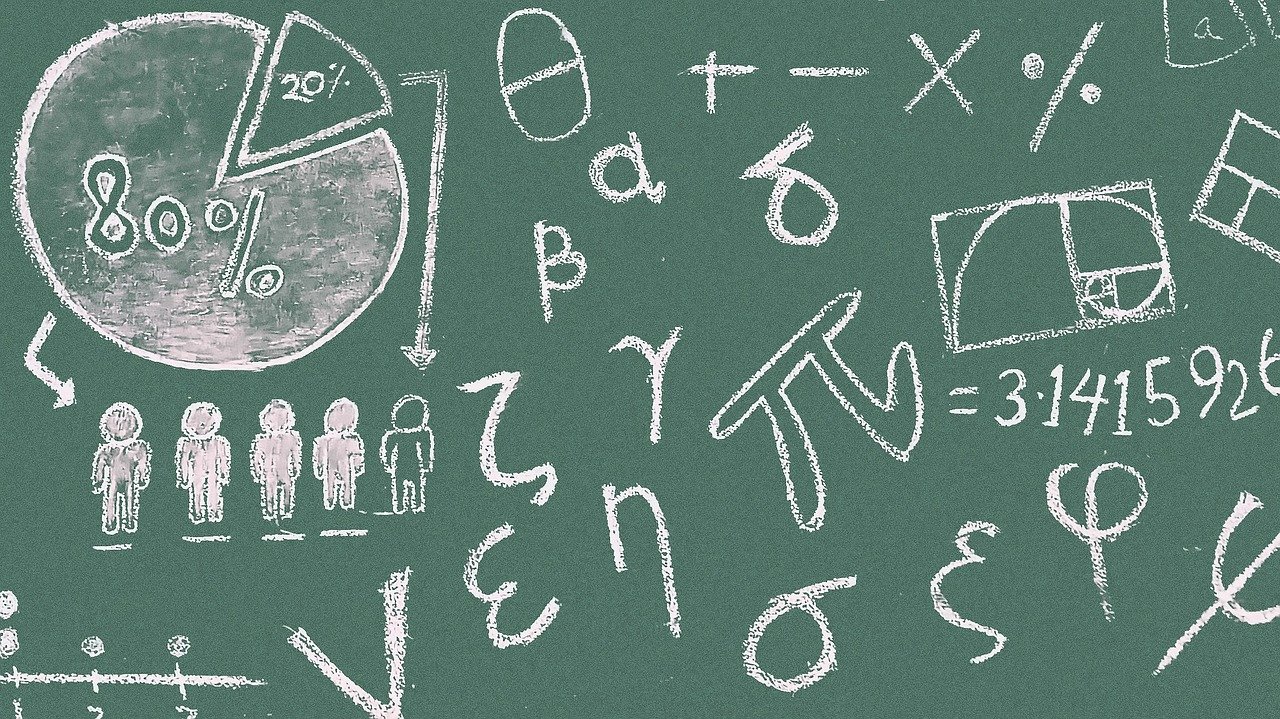
South Africa’s Poor Maths & Science Skills is Hampering Innovation
While South Africa has established a good foundation in research and development, the continued poor performance in the Trends in International Mathematics and Science Study (TIMSS) remains South Africa’s number one hindrance to innovation, according to the latest SA Science, Technology and Innovation Indicators Report which was launched yesterday. The report, commissioned by the National Advisory […]

While South Africa has established a good foundation in research and development, the continued poor performance in the Trends in International Mathematics and Science Study (TIMSS) remains South Africa’s number one hindrance to innovation, according to the latest SA Science, Technology and Innovation Indicators Report which was launched yesterday.
The report, commissioned by the National Advisory Council on Innovation (NACI), outlines South Africa’s performance in various areas linked to science, technology and innovation, which have a significant impact on the economy.
Other indicators covered by the report include business sector investment in research and development in South Africa, venture capital investment, and the output of high and medium technology manufacturing as compared to previous years.
The NACI’s Chairperson, Dr Shadrack Moephuli, acknowledged that the national system of innovation has various challenges that persist despite several interventions both from government and the private sector and even from some individuals.
“For example, according to the 2019 TIMSS, the country’s average scores are below the minimum benchmark level of 400 for both mathematics and science in Grade 5, that is 374 and 324, respectively, and Grade 9, 389 and 370, respectively.”
“That’s not something to celebrate,” he added.
Meanwhile, he said the pass rate declined for all the science technology, engineering, and mathematics-related subjects except for mathematical literacy.
This is because there was a slight increase in the percentage of learners passing with 30% and more from 80.6% in 2019 to 88% in 2020.
“The National Advisory Council on Innovation is looking into it. We have now started the study. We hope that what we’ve concluded this particular study about these particular challenges will be able to provide some views or expressed some observations and findings and recommendations about these particular persistent problems in our system.” – SAnews.gov.za
